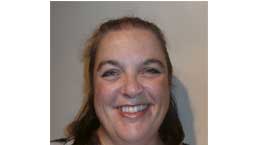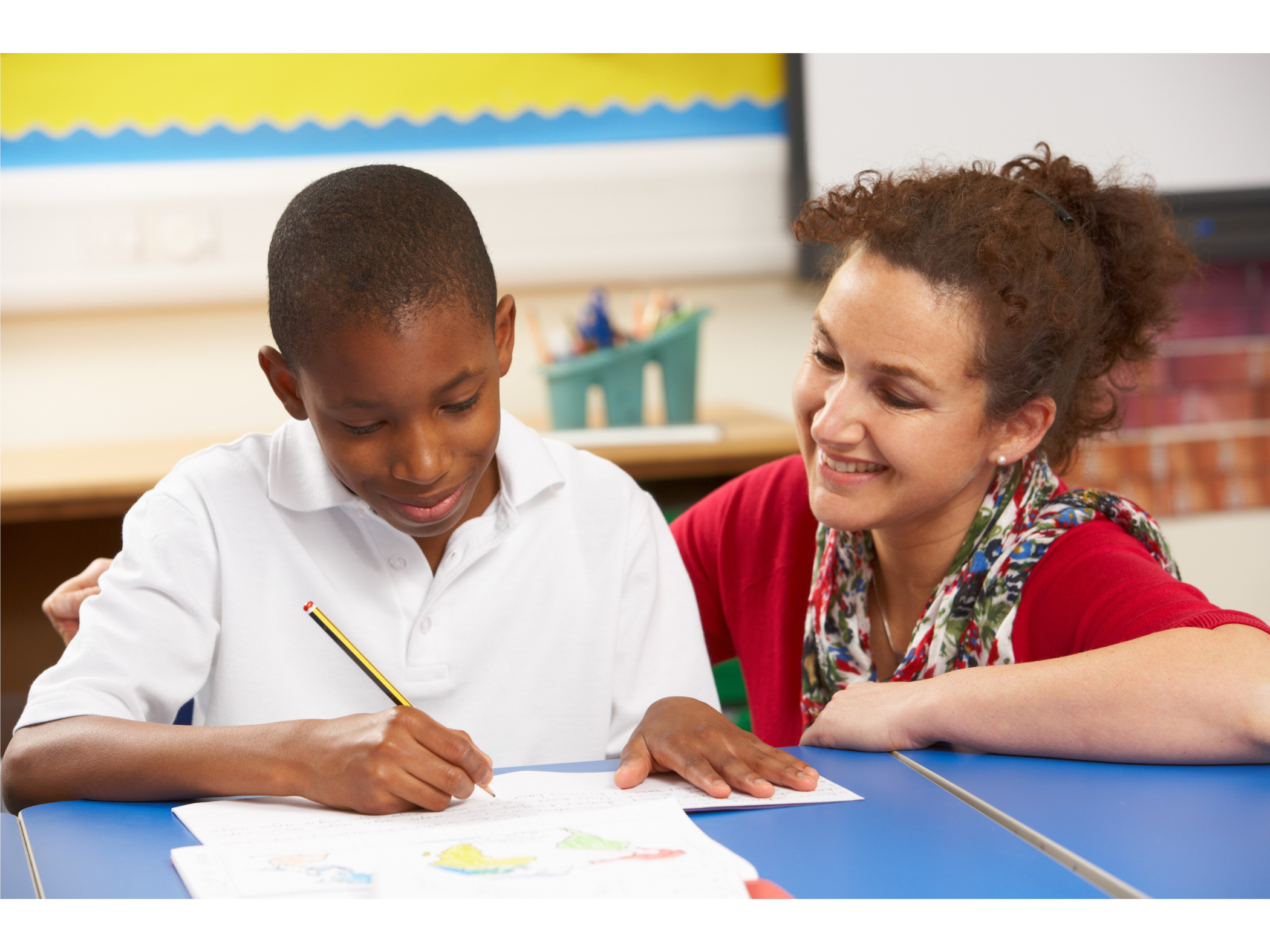In 2023 the Cambridge IGCSE Maths syllabus is changing. We’ve asked editor of the new Cambridge IGCSE® Complete Mathematics Sixth Edition series and mathematics education expert Deborah Barton to discuss the key changes in the new syllabus, and how to prepare 11-14s for a flying start at Cambridge IGCSE Maths.
Changes to the IGCSE Maths syllabus
By far the most significant change to the Cambridge IGCSE Maths syllabus is there is now a non-calculator paper. Within all of the Cambridge Lower Secondary Teacher Handbooks you will find plenty of non-calculator assessment materials such as this Progression test-style paper from Cambridge Lower Secondary Complete Mathematics 7: Teacher Handbook. This will save teachers time writing and preparing their own assessment materials and provide essential non-calculator assessment practice for students enabling everyone to prepare for this substantial change at IGCSE. Other significant new topics within the IGCSE include exact trigonometric values, exponential graphs where the power is ½ or –½, domain and range of functions and surds. These new topics can all be found in the updated Cambridge IGCSE Complete Mathematics Sixth Edition. See an example of the surds work here.
Embed the basics with plenty of practice
Giving learners plenty of practice at Cambridge Lower Secondary Maths helps them with areas where they might struggle at Cambridge IGCSE Maths. I like my students to have questions that build progressively in difficulty so that they can build in confidence before tackling the harder material. Try these questions on multiplying fractions from Cambridge Lower Secondary Complete Mathematics Student Book 7. The numbered questions without a box provide initial practice. You will notice the questions increase in difficulty throughout the exercise and there are questions with a box to provide challenge for the average student. Questions with a filled box provide stretch and challenge for more able students. You will also notice the cross over between number and shape and space work and algebra work in the later questions in this exercise. There are also questions set in context where students have to determine the calculation that they are required to do which also provides an extra element.
Increase interest and enjoyment with questions presented in a variety of ways
One thing that is especially important to me is that students come away from their secondary education saying that they enjoyed learning Maths. One way to engage interest and enthusiasm in the subject is to present questions in a fun and engaging way. It is important for students to have as much variety as possible in questioning styles to build confidence and prepare them well for any international secondary Maths questions they may face as well as Maths they may face in the real world. Try this place value detective mystery from Cambridge Lower Secondary Complete Mathematics 9: Teacher Handbook with your students.
Broaden understanding with open questions
Open questions are really useful extending tools as the only limit is the students’ imagination, and you often find them working at a higher level than expected when presented with questions in this way. Extension and problem-solving questions are a great way to build thinking and working mathematically with skills such as critical thinking, preparing students especially well for moving onto Cambridge IGCSE Maths material. Try this dining investigation from Cambridge Lower Secondary Complete Mathematics 8: Teacher Handbook with your students, which practices using understanding and strategies in solving problems.
Exam preparation and knowing the mark scheme
Having really detailed knowledge of the Cambridge Checkpoint Maths mark scheme and Cambridge IGCSE Maths mark scheme can help you explain clearly when marks will and won’t be awarded, helping your students with exam preparation. The Cambridge Lower Secondary Complete Mathematics Teacher Handbooks each contain several photocopiable exam papers at topic level and at paper level. There are detailed mark schemes too which explain exactly what students are expected to do. These can be particularly important for explanation questions where students often struggle. They also contain worked solutions to the harder questions in the book which are really useful.
Build Cambridge IGCSE Maths topics into your Cambridge Lower Secondary Maths teaching
Did you know that some of the topics from the Cambridge IGCSE Maths Syllabus are straightforward enough to introduce to some of your 11-14 learners, even though they are not in the Cambridge Lower Secondary curriculum framework? For example, some 13 and 14 year olds can study from the bonus chapter on quadratics from Cambridge Lower Secondary Complete Mathematics Student Book 9. Quadratics is an important topic to choose as there are a lot of Maths questions that involve quadratics both at IGCSE level and at A level. I’ve included a bonus chapter in each of the Cambridge Lower Secondary Complete Mathematics Student Books, so that students will feel much more confident in tackling these topics at Cambridge IGCSE.
Using online resources such as Kerboodle effectively
Did you know about all the things Kerboodle, Oxford’s online learning subscription service has to offer? Kerboodle contains online resources that can be used alongside Oxford’s print resources, saving teachers valuable planning time and providing excellent learning opportunities for students. You will find a huge bank of resources for Maths practice and exam preparation including videos, animations, worksheets, and extensive assessment materials including some that are auto-marked. There is also in-depth reporting functionality which will help you to track progress through Kerboodle courses along with free training and support to help you use all of these features.
Discover our latest resources
By Deborah Barton
Deborah Barton is a mathematics education expert and the author of Cambridge Lower Secondary Complete Maths series. Deborah is an experienced examiner, teacher, and mathematics consultant, with training experience within the UK and internationally, and is passionate about student engagement.


